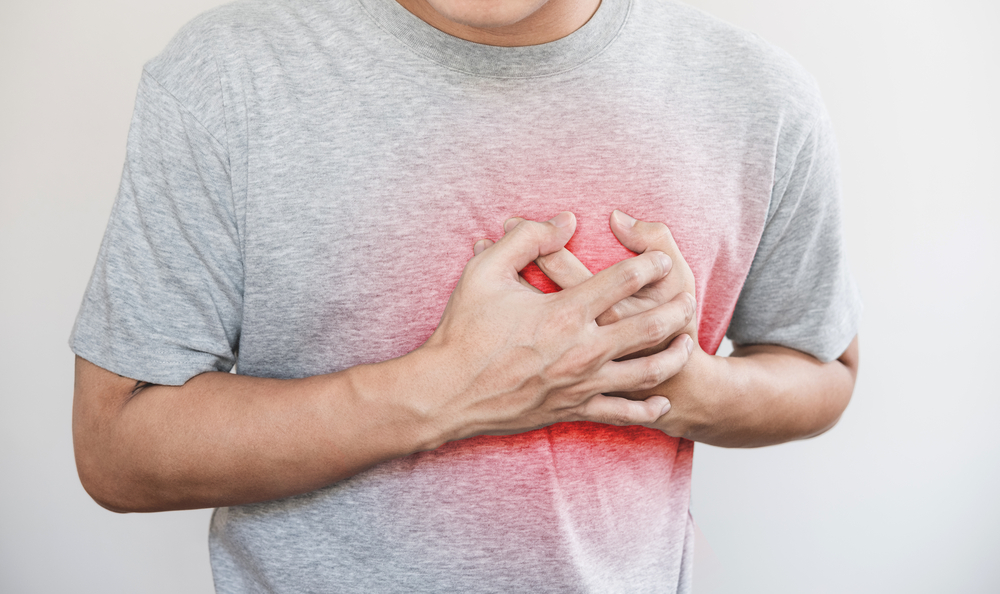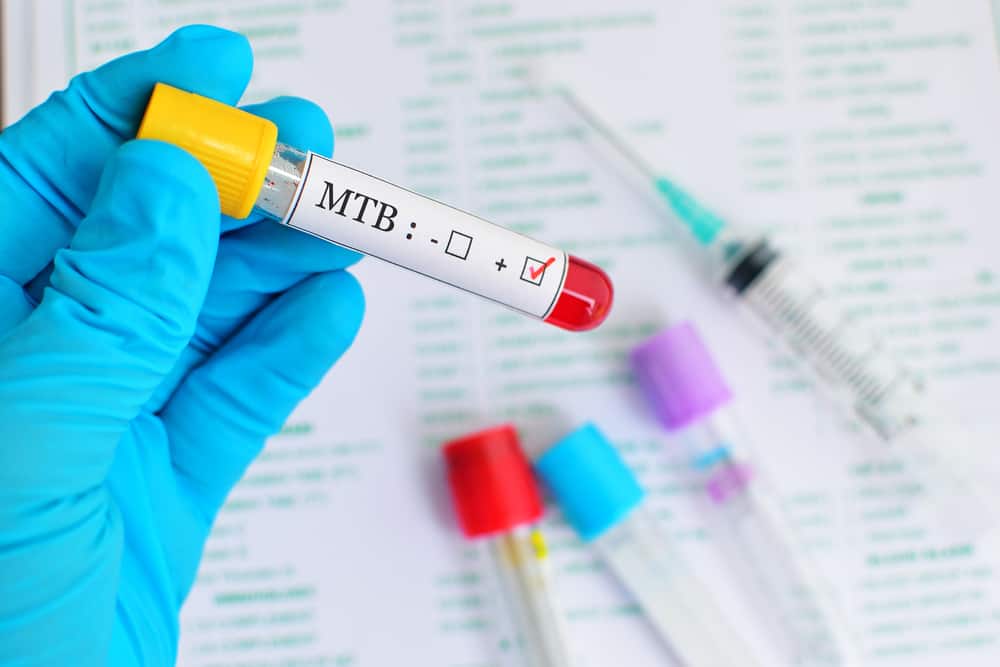Contents:
- Medical Video: Heartburn vs. heart attack - what you need to know
- Overview of heart attacks and heartburn
- The difference is chest pain due to heart attacks and ulcers
- Chest pain due to a heart attack
- Chest pain due to heartburn
Medical Video: Heartburn vs. heart attack - what you need to know
Most people suspect that chest pain is definitely a symptom of a heart attack. In fact, rising stomach acid can also cause pain and a painful sensation in the chest (heartburn) Be careful, wrong guessing the type of disease can lead to missteps of handling, you know. Then how to distinguish chest pain from a heart attack and heartburn?
Overview of heart attacks and heartburn
Heart attacks occur when blood flow to the heart is blocked. This is generally caused by a blockage in the coronary arteries, which are blood vessels that carry oxygen to the heart muscles. As a result, the heart becomes deprived of oxygen and causes pain.
Meanwhile, heartburn is a painful and hot sensation in the chest caused by an increase in stomach acid into the esophagus. This highly acidic gastric fluid can irritate the lining of the esophagus and cause a sore throat. Many people refer to this condition as an ulcer, although in the medical world there is no known ulcer disease.
Although heartburn not at all related to the heart, the irritating effect of rising stomach acid can also spread to the chest. This is because the location of the esophagus is very close to the heart. That is the reason why the symptoms of chest pain are due to a heart attack and heartburn very difficult to distinguish.
The difference is chest pain due to heart attacks and ulcers
A medical director from Joan H. Tisch Center for Women's Health at NYU Langone Medical Center in New York, dr. Nieca Goldberg said that most people are often confused when distinguishing chest pain from a heart attack and heartburn. Be careful, making a mistake in determining the disease can result in a mismanagement that ultimately leads to fatal.
Chest pain due to heart attack and heartburn do tend to be similar, because both of them cause a painful sensation and pressure on the chest. However, there are characteristics of heart attack symptoms that are different from symptoms heartburn. Here's how to distinguish it.
Chest pain due to a heart attack
Not everyone will experience chest pain during a heart attack. Quoted from the Cleveland Clinic, a study from the University of British Columbia revealed that chest pain from a heart attack is more common in men than women.
Chest pain due to a heart attack can occur anywhere and not always on the left side. Your chest may feel like it's tied, squeezed, and really uncomfortable.
You can also experience shortness of breath or cold sweat at the same time. All symptoms of a heart attack generally last a long time, but you can reduce the pain by sitting while adjusting breathing slowly.
Compared to pain in the chest, women affected by heart attacks more often experience nausea, vomiting, fatigue, shortness of breath, pain in the jaw, arms, neck and back. Unfortunately, these heart attack symptoms tend to be vague so often overlooked by women who experience them.
Chest pain due to heartburn
When stomach acid rises into the esophagus, you will experience chest pain accompanied by a heat sensation. Usually, these symptoms are also accompanied by a bitter tongue sensation and the stomach feels full of bloating.
Chest pain due to heartburn can last up to one hour. Different from the symptoms of a heart attack, the pain and heat sensation in the chest can get worse if you bend, lie down, or change position which can increase stomach acid.
To determine the cause of chest pain due to a heart attack or heartburn, try taking ulcer medication as a first step. If chest pain gradually improves, the cause is clearly due to heartburn.
However, if the symptoms do not improve or are accompanied by shortness of breath or cold sweat, then immediately see the nearest doctor. This can be a sign that you have a heart attack.














